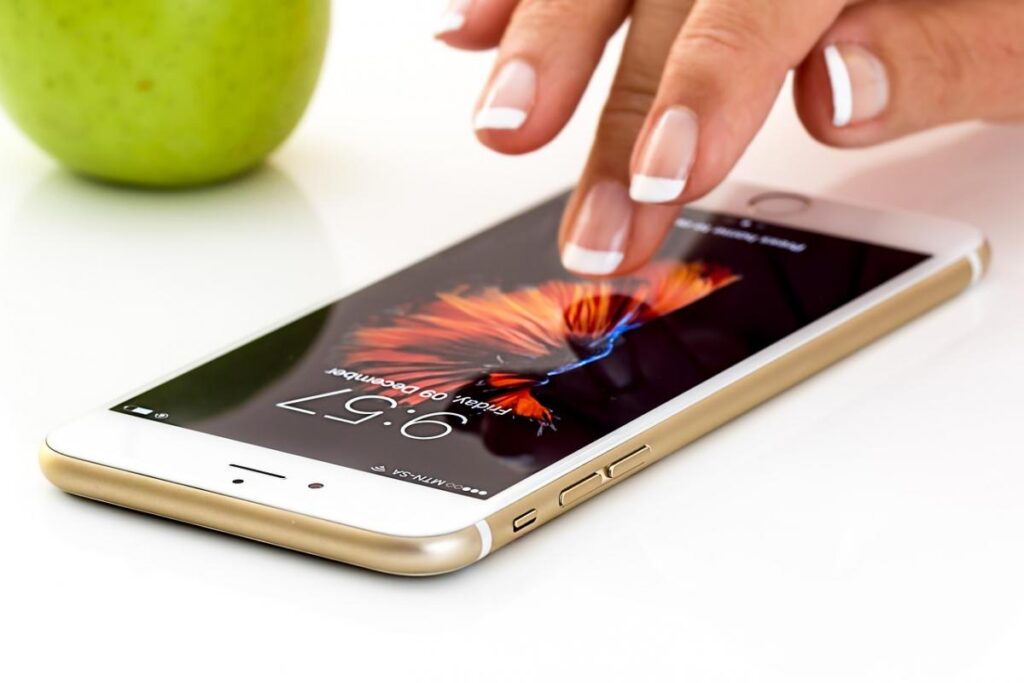
More and more people feel anxiety, irritability or even panic when they separate from their mobile. That emotional and physiological dependence has a name: the Nomochabiia. What a few years ago seemed an exaggeration, today is a reason for visiting the psychologist and an alert symptom in mental health reports. Juan Armando Corbin, organizational and disseminating psychologist, makes it clear: “We cannot live without the mobile and that is a problem“. In an article published in Psychology and Mind, Corbin breaks down the symptoms, consequences and causes of this invisible addiction that largely lies to young people but does not usually discriminate by age.
We feel that without the mobile we lack something
The term nomophobia comes from the English 'Non Mobile Phone-Phobia' and was first used in a British study in Lel year 2011. More than 50% of respondents said they felt anxiety if they ran out of signal, without battery or without the device itself. According to Corbin, That anxiety is not only emotional: it can be accompanied by physical symptoms such as palpitations, sweats or muscle pains.
Corbin warns that the simple fact of not being able to use the mobile phone for an hour can generate symptoms similar to those of abstinence. The most prone people to develop this dependency usually Share characteristics As low self -esteem, the need for social validation or fear of missing something (what is known as Fomo, for its acronym in English).
Beyond the device: a vacuum that does not fill technology
But, the problem, according to the expert is not the mobile itself. What Corbin says is that we are not hooked to a device because yes, but for what it represents such as the connection, the sensation of control or the well -being that is felt when used. The device has become an extension of our identity and, when we lose, we feel that we lose a part of us.
Therefore, the treatment of nomophobia It does not go through the mobile In a drawer, but for working the emotional causes in the background such as fear of rejection, security or the compulsive need to be aware of everything. Corbin insists on a Digital education from childhood and in the need to establish healthy limits, both at home and at school.
If you believe that the mobile dominates your life more than you should try to establish moments of the day without screen, activate the airplane mode or not bother or perform activities without the phone. If this persisted, do not hesitate to contact a professional.





